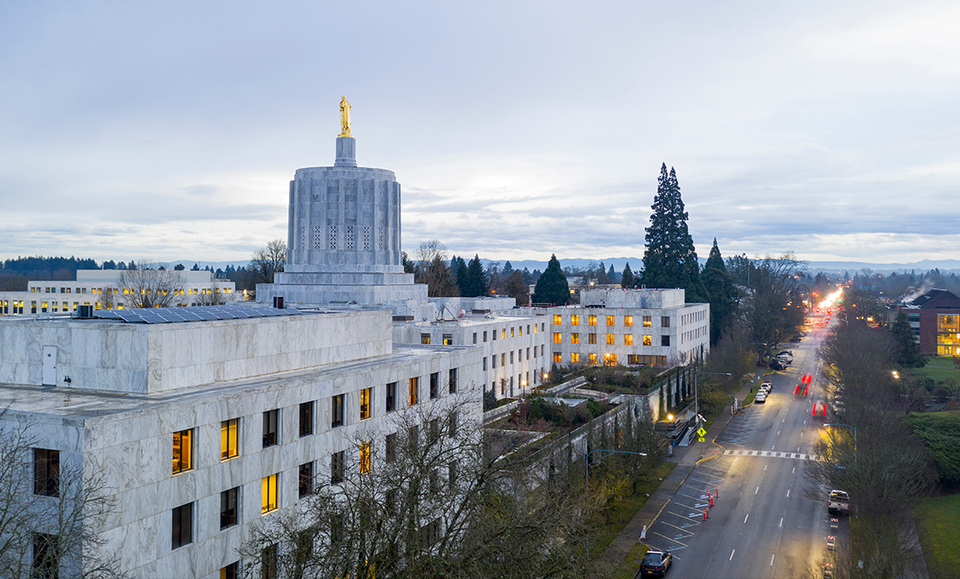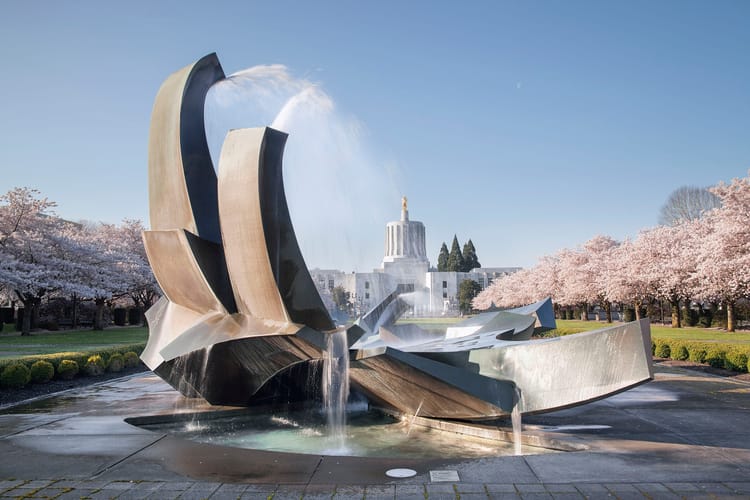Slowdowns Cast Shadow Over Legislative Session

Lawmakers in the Oregon House returned to in-person floor sessions this week after multiple cases of COVID-19 brought proceedings in the chamber to a screeching halt. The week-long pause exasperated concerns over the potential exposure of members and staff to the viral contagion, which did nothing to cool the partisan tensions casting a shadow over the session. Upon their return, lawmakers spent the vast majority of their time on the floor reading a single, uncontroversial bill updating the name of the state agency governing the alcohol and cannabis industry. The bill, which took three days to read out loud by text-to-voice computer software, ultimately passed 54-to-1 on the floor on Thursday evening.
The politics over the reading of the bills is perhaps the most visible force driving the slow progression of the session, but it is not the only driver of the slowdown. During the initial weeks of the session, the committees were instructed to hold bills until the chambers started meeting regularly. The delay created an incubation period where the committees had more bandwidth to consider more expansive and, at times, controversial legislation than is normally possible in the opening weeks of a session. Those hearings created an eagerness for lawmakers and advocates alike that their policy proposals were ready to advance. Now, however, committee chairs are increasingly finding themselves needing to abandon uncontroversial measures with bipartisan support simply due to time constraints. It is unclear how much the legislature can accomplish this session without the parties working together on a roadmap to adjournment.
There are only two constitutional duties required of lawmakers for this legislative session—craft the biennial budget and redraw voting districts. This week saw significant steps for both of those mandates. Before returning to their nightly floor session on Thursday, House Republicans agreed to suspend the requirement to fully read the text of budget bills for the session, allowing the legislature to move at a more normalized speed for its first constitutional duty. Additionally, the Oregon Supreme Court proposed an alternative timeline for the redistricting process that would allow the legislature to redraw maps past its constitutional deadline of July 1. Under the alternative timeline proposed by the court, the legislature would have until mid-October to finalize legislative districts, which is only two weeks after the presumed release of the official data from the U.S. Census Bureau. It seems the legislature’s penchant for special sessions may continue for another year.





